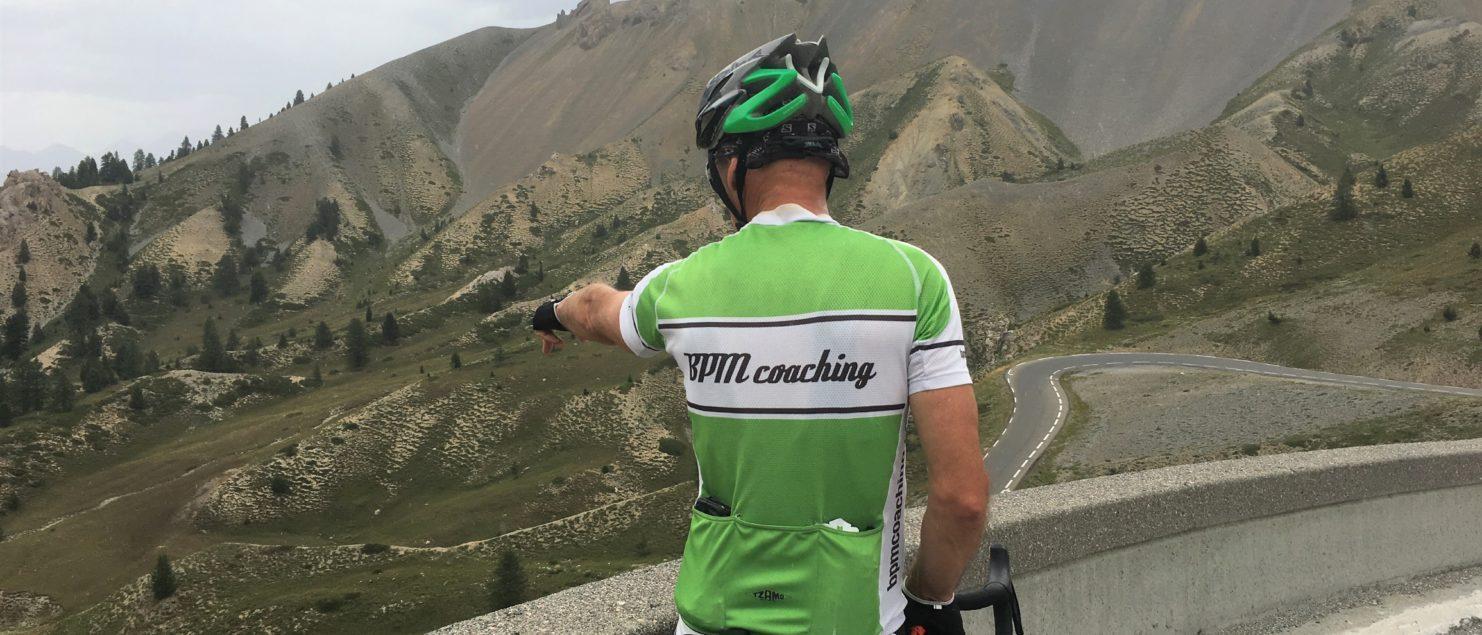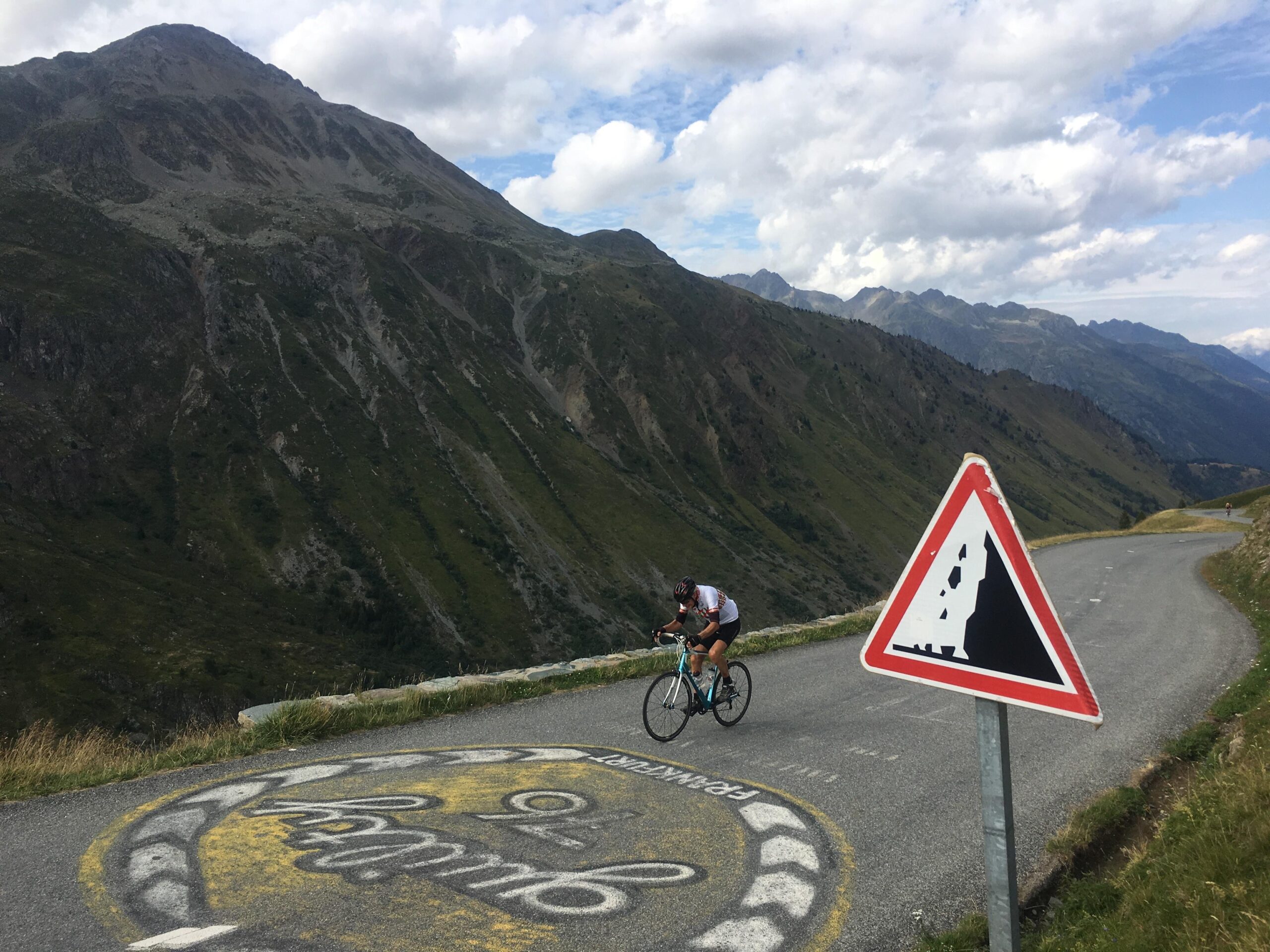
Published in:
The good news is that we are well practiced at setting goals, in fact, our lives are run by the goals we set every day.
These goals give us direction and purpose and motivate us to strive to improve our current positions. We set goals and sub-goals concerning every aspect of our lives often without even realizing it.
So, we already know about goals, all we need to do is break down the process and apply it to our cycling ambitions and training.
Having a goal is one thing but having a goal and a structured plan to achieve it is much better.
In sport, the primary reason we set goals is to provide focus and to motivate us to train to achieve a higher level of performance, therefore giving our training purpose.
Set SMART Goals
It’s often said that all goals should be “SMART”. This well-known acronym comes in several slightly different variations and below is the most relevant to the process of improving your cycling performance.
You can see that M-A-R and T just check that S is complete and that nothing in the formula is missing.
But where is the Challenge?
Yes, something is missing, it seems that for the sake of a convenient acronym we have left out the all-important word “challenge”. Every goal should be both realistic and challenging. The word challenge in goal setting is perhaps the most important.
There is nothing wrong with dreaming, it is the daydreamers, the ones that chose their dreams that eventually succeed. If your vision is far greater than your current ability, use sub-goals like steppingstones to achieve the big dream. Success in smaller steps to a bigger goal is so much more empowering than repeated failure.
How Many Goals?
Coaches see goal setting as an important element in the design of a training plan. The goal gives the plan direction, allowing the coach to focus on what is important and design in the elements required to allow you to achieve.
Do not set too many goals, if your primary goal is set correctly by following the principle outlined above, with the correct training, you will achieve a better level of fitness and expertise and as a result, you will be performing at a higher level in all the events in which you participate.
Be specific, don’t be vague.

Let us be clear about the language of “SMART” challenging goals. Statements like “I want to do well in an event” or even “I want to beat another competitor” are not “Smart” and do not work as goals. “I want to win” is no better.
However, when we start adding some detail it improves “I want to ride 100 miles in 6 hours by June this year” or “I want to climb the Tourmalet in 2-hours on tour next summer” much better. “It’s now January and in June I want to ride a specific 100-mile sportive in less than 6 hours which is at least 20 minutes faster than my ride time last year and is 15 minutes faster than my rivals time last year” Now we are talking!
Now we can devise a training goal and to do so, we need get even more specific by working out how much better you will need to perform to achieve this result. So, this goal could now read “by June this year I need to achieve an anaerobic threshold of? watts at a weight of? kg”. Then we need to think of what other skills you need to be improved such as on bike skills, pacing, and race feeding to help you achieve your goal. Achieve this and you will be placed higher in everything you do.
Summary:
So, if your dream is to cross the Pyrenees or Alps on your bike, set a date with Bike Basque, knowing that your support team is already in place is a major step on your road to achieving your goal.
Author: Nigel Hale-Hunter